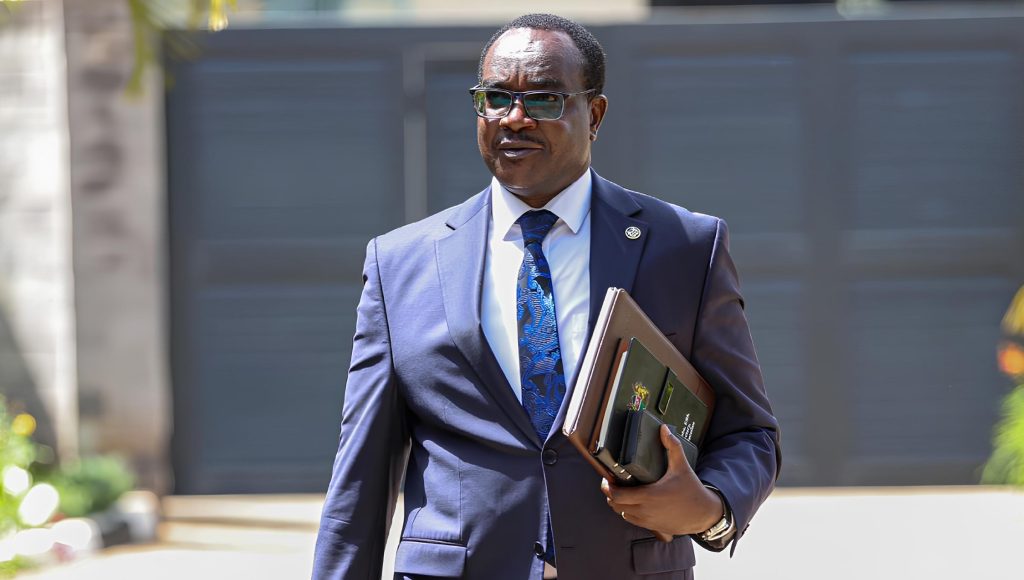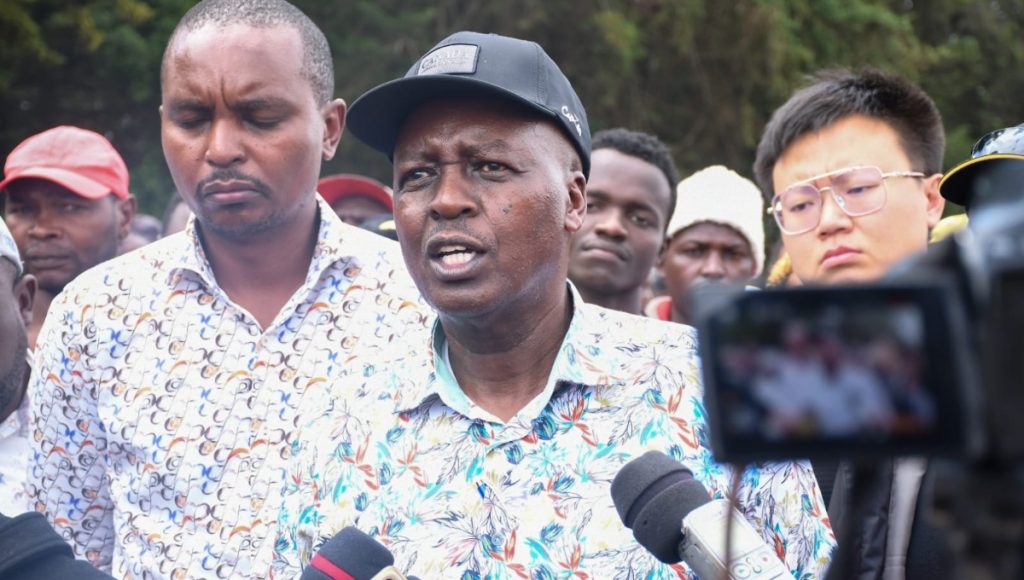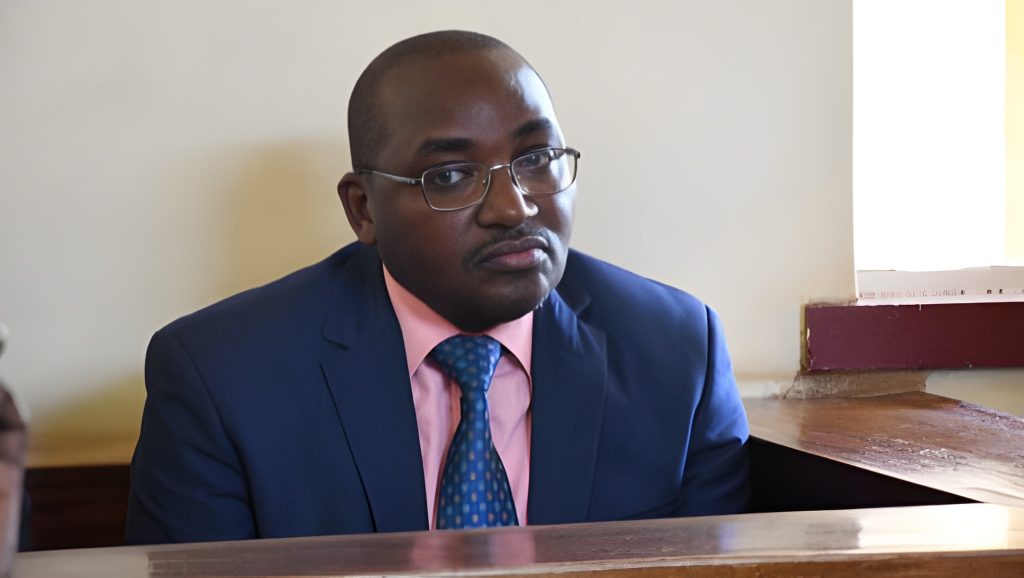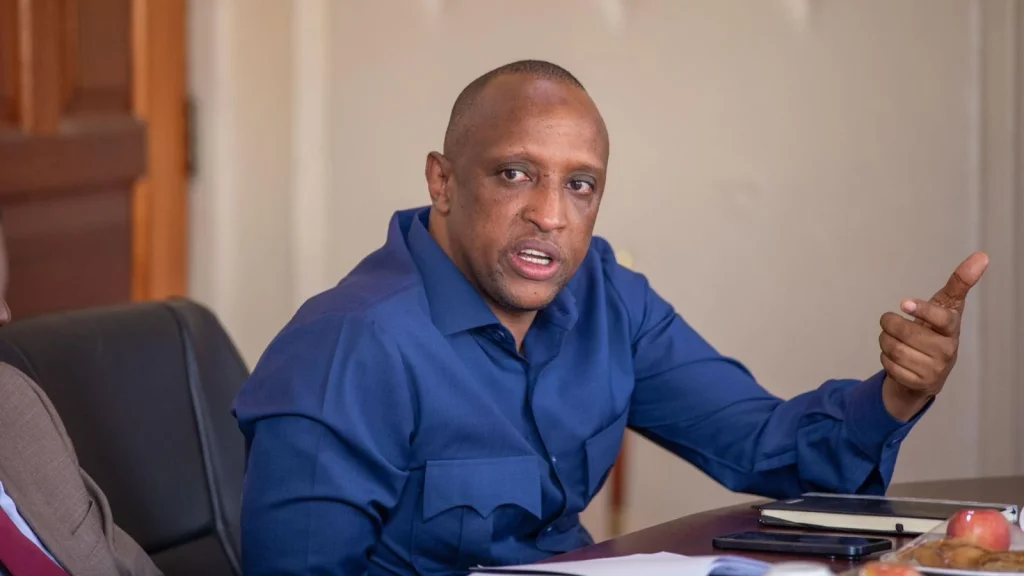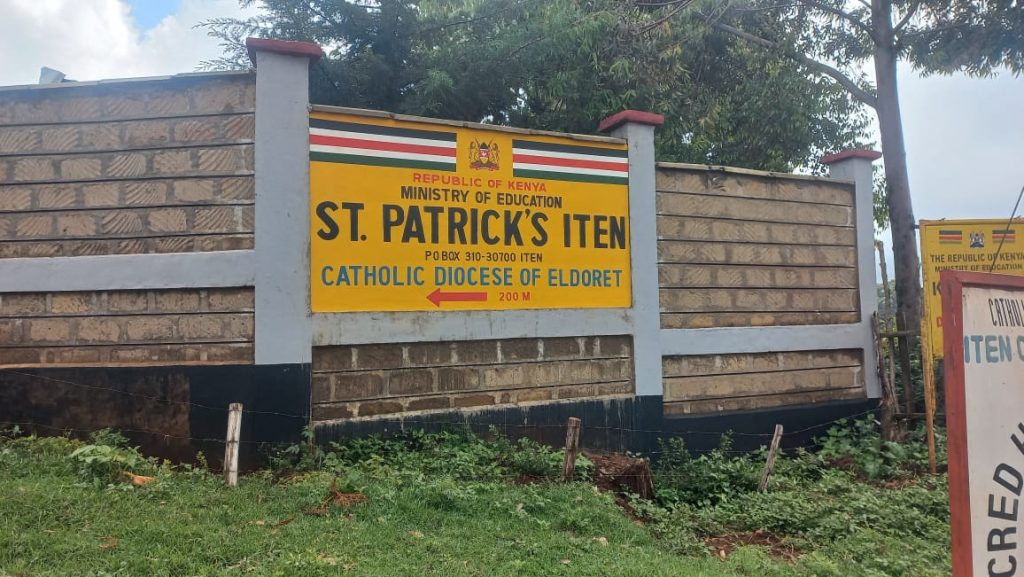The delayed disbursement of Ksh 18 billion in government funds to Kenyan secondary schools has sparked sharp condemnation from various stakeholders across the country with schools facing mounting operational challenges.
Willis Otieno, a lawyer and political commentator through his X platform account has joined the chorus of voices demanding the immediate release of both Term 1 and Term 2 funds to prevent further disruption to the education system stating that failure to release these funds is not just an administrative lapse but a violation of a constitutional obligation.
“The KSh18 billion in capitation is not a favor, it’s a constitutional obligation,” Otieno emphasized, quoting Article 53(1)(b) of the Kenyan Constitution, which states that “every child has the right to free and compulsory basic education.”
This financial crisis has left many schools struggling to pay suppliers among other basic financial requirements with even some considering early closures ahead of August 1st 2025 term two official schools closing date.
“We are watching secondary schools preparing to close early, heads unable to pay non-teaching staff, exams in limbo, and children stranded while the same government flies private jets, funds shady offices, and floods propaganda across media,” Otieno added, underscoring the contrast between the government’s lavish spending and the educational crisis unfolding in schools.
The Kenya Secondary Schools Heads Association (KESSHA) has highlighted the severity of the situation, with Chairperson Willy Kuria noting that the delayed funds which amount to KSh 7.5 billion for Term 1 and KSh 10.5 billion for Term 2, have led to a “major crisis” in many institutions.
“Schools are facing a major crisis. These financial constraints have severely impacted the smooth running of many institutions, with day schools bearing the brunt of the crisis,” Kuria said.
“The insufficient funding hampers the delivery of essential services, disrupts learning programmes, and strains the ability of school principals to meet basic operational needs,” he added.
The stakeholders are now calling for the government to implement recommendations from the Presidential Working Party on Education Reforms. The proposed reforms suggest introducing a “minimum essential package” for schools with low enrolment, which would help alleviate some of the financial pressures faced by these institutions.



